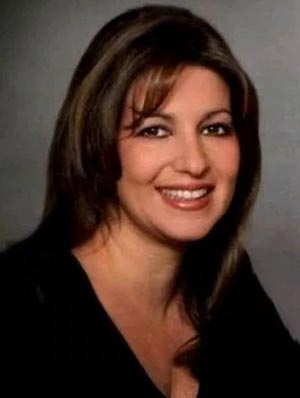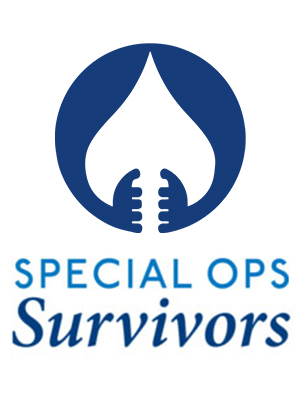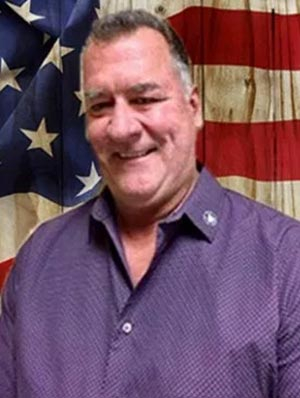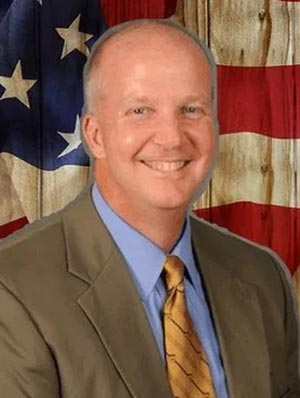“It is always nice to know that I am not alone on this journey.”
-Surviving Spouse of a special operations Army Personnel
Special Ops Survivors respects and honors the sacrifices made by all of our fallen heroes and their families. While the organization would like to be able to provide services to all survivors, we must stay true to our mission and the bonds between our surviving spouses. Therefore, we adhere to the following eligibility policy and ask that our survivors adhere to the following responsibilities.
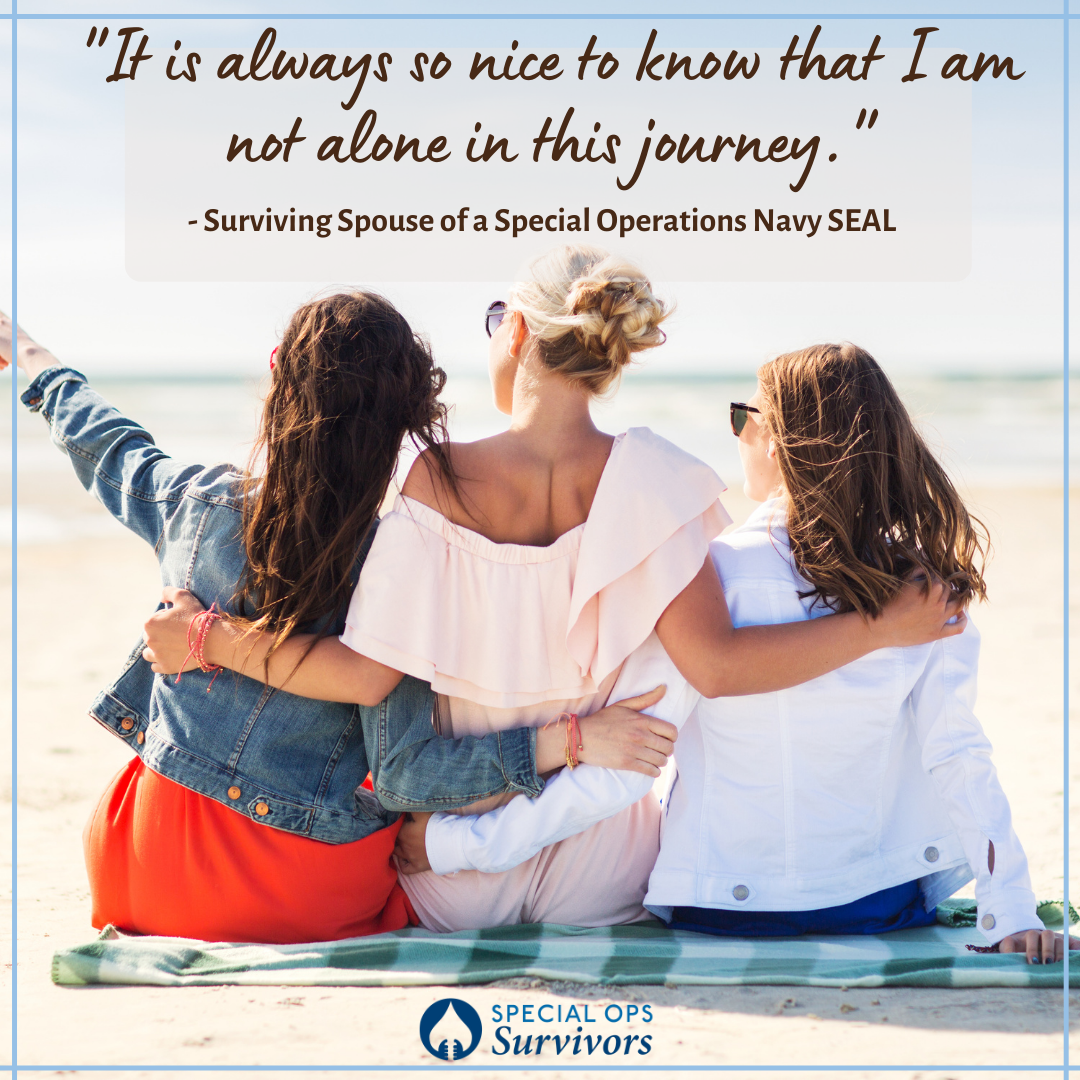
Survivor Responsibilities
We ask that survivors receiving our services adhere to the values outlined in our service philosophy – specifically those of respect and sanctuary. We ask that our survivors promote a safe environment by treating themselves, fellow survivors, staff and Board members with respect and understanding. To preserve the sanctity of this group, Special Ops Survivors will not tolerate unhealthy behavior that is destructive to the survivor community or organization as a whole, or takes away from our survivor community or organization in any way. Special Ops Survivors reserves the right to deny services to any otherwise eligible survivor who is unwilling or unable to abide by these Survivor Responsibilities. Further, while Special Ops Survivors respects the confidentiality of our survivors and our community, in matters of personal safety or unlawful actions, we have a duty to warn/protect if necessary.
Eligibility
Special Ops Survivors provides support to spouses who meet all of the following criteria and abide by our Survivor Responsibilities:
- Service member died on or after January 1, 1980;
- Spouse was legally married to the service member at the time of the service member’s death; or documented as a spousal beneficiary, or common law marriage (living in domicile) or can demonstrate that the spouse was engaged awaiting marriage upon the hero’s return from deployment;
- Service member was assigned to a Special Operations unit or assigned as support personnel to a Special Operations unit at the time of the service member’s death; or had documented injuries or illnesses in the line of duty while assigned to a Special Operations unit that led to their demise; and
- Service member was conducting operations in support of a Special Operations mission at the time of the service member’s death; or the hero succumbed either directly or indirectly to service-related wounds or illness even after the service member separated or retired from Active Duty.
- Special Ops Survivors defines “conducting operations” as any of the following: training missions and activities being conducted domestically or abroad, any operation or incident that occurs while the service member is deployed to a combat zone, and any injury or illness leading to death that originates from activities in the line of duty.
Process for Determining Eligibility
Surviving spouses may contact Special Ops Survivors to determine if they are eligible for our services. Special Ops Survivors will verify the marital/relationship status of the surviving spouse, the service member’s unit, and the manner of the service member’s death through official military channels prior to extending services to a surviving spouse.
If you meet these qualifications and are willing to uphold these responsibilities, please visit our Survivors’ Circle and fill out a survivor information form.

